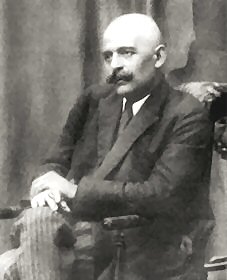A Quote by George Eliot
but very little achievement is required in order to pity another man's shortcomings.
Quote Topics
Related Quotes
What a pity that Bilbo did not stab that vile creature, when he had a chance!' Pity? It was Pity that stayed his hand. Pity, and Mercy: not to strike without need. And he has been well rewarded, Frodo. Be sure that he took so little hurt from the evil, and escaped in the end, because he began his ownership of the Ring so. With Pity.
Pity is for this life, pity is the worm inside the meat, pity is the meat, pity is the shaking pencil, pity is the shaking voice-- not enough money, not enough love--pity for all of us--it is our grace, walking down the ramp or on the moving sidewalk, sitting in a chair, reading the paper, pity, turning a leaf to the light, arranging a thorn.
Pity is a sense of our own misfortunes in those of another man; it is a sort of foresight of the disasters which may befall ourselves. We assist others,, in order that they may assist us on like occasions; so that the services we offer to the unfortunate are in reality so many anticipated kindnesses to ourselves.
At the beginning of the book [The Dissemblers], Ivy [Wilkes] has a long way to go in order to achieve self-sufficiency. Although she is very independent, even somewhat of a loner, she is very affected by other peoples' opinions. At the opening of the book, her ideas of success and achievement are largely defined by the approval of others; over the arc of the story, I think that begins to change a little.





































